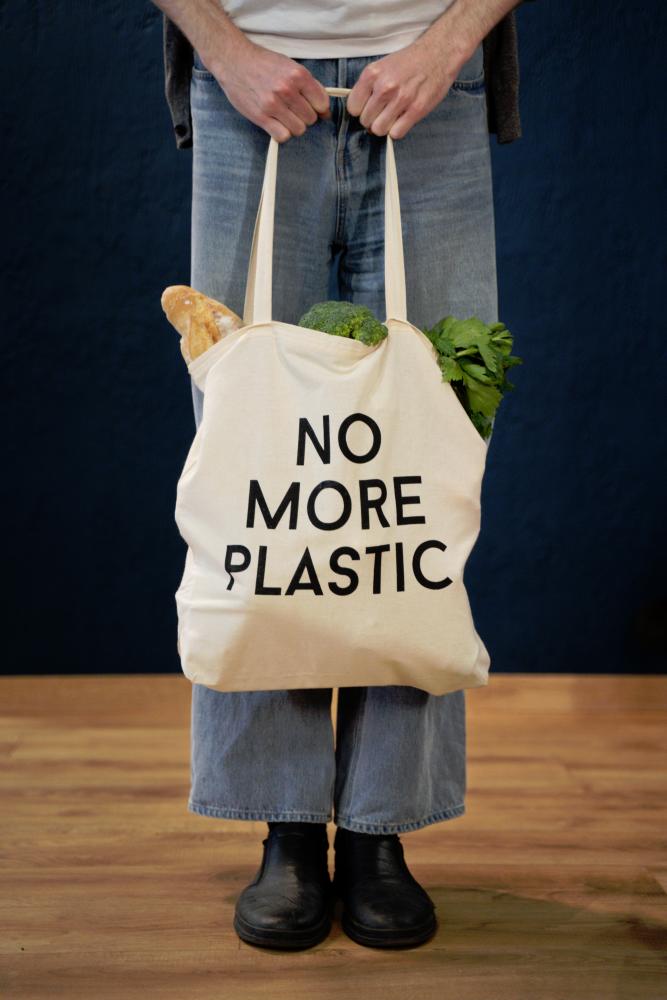THE Selangor government’s initiative to expand its plastic bag ban to three days a week, up from just Saturdays, is a commendable step forward in combatting plastic waste.
It s an effort aimed not only at mitigating the problems caused by plastic pollution but also at addressing the challenges rooted in our collective behaviours that hinder the adoption of sustainability as a habit.
Addressing the challenges of ingrained behaviours and systemic inefficiencies requires collaborative solutions from the government and the community.
The expansion of the plastic-free campaign is expected to build on success programmes like door-to-door recycling initiatives, which have demonstrated the potential of collective action.
Community-driven waste management efforts, when paired with robust policy, can lead to tangible reductions in plastic waste. With this, Selangor can further decrease plastic dependency, aligning with its broader goals of reducing landfill reliance and promoting a circular economy.
Extending the ban would urge consumers to rethink their reliance on single-use plastics. It pushes businesses to explore sustainable alternatives and encourages the public to adopt reusable bags.
However, its success hinges on addressing underlying behavioural challenges. Many of us have reusable bags at home but often forget to bring them with us. This is particularly problematic for individuals without personal vehicles, thereby making the availability of plastic bags at checkout the default choice.
By removing this option, consumers will gradually adapt to remembering their reusable bags. Knowing is half the battle against plastics, and making sure that the public is aware of the three-day ban would make them remember to bring reusable bags with them.
To complement the ban, the government and businesses should introduce practical solutions that can make sustainable practices easier for everyone.
Items like tetrapacks, food-contaminated containers and other non-recyclables present additional challenges. Many of these materials are either difficult to recycle or end up contaminating recycling streams, reducing overall efficiency.
Compostable materials, for example, should not be sent to landfills but instead processed through proper composting systems.
Educating the public on what can and cannot be recycled is critical. Clear guidelines, combined with accessible facilities, can reduce contamination rates and improve the efficacy of recycling programmes.
The responsibility to reduce plastic waste lies with all of us. Consumers must push for greater accountability from businesses to adopt sustainable practices. It is time to demand products and packaging that reflect our move away from single-use plastics.
Just as humanity transitioned from horses and carts to automobiles, and from candles to lightbulbs, we can transition away from single-use plastics.
By doing so, we can change the perception of reusable items from being mere commodities to essential tools for a sustainable future.
As a community, we have the power to drive this change.
WWF-Malaysia









